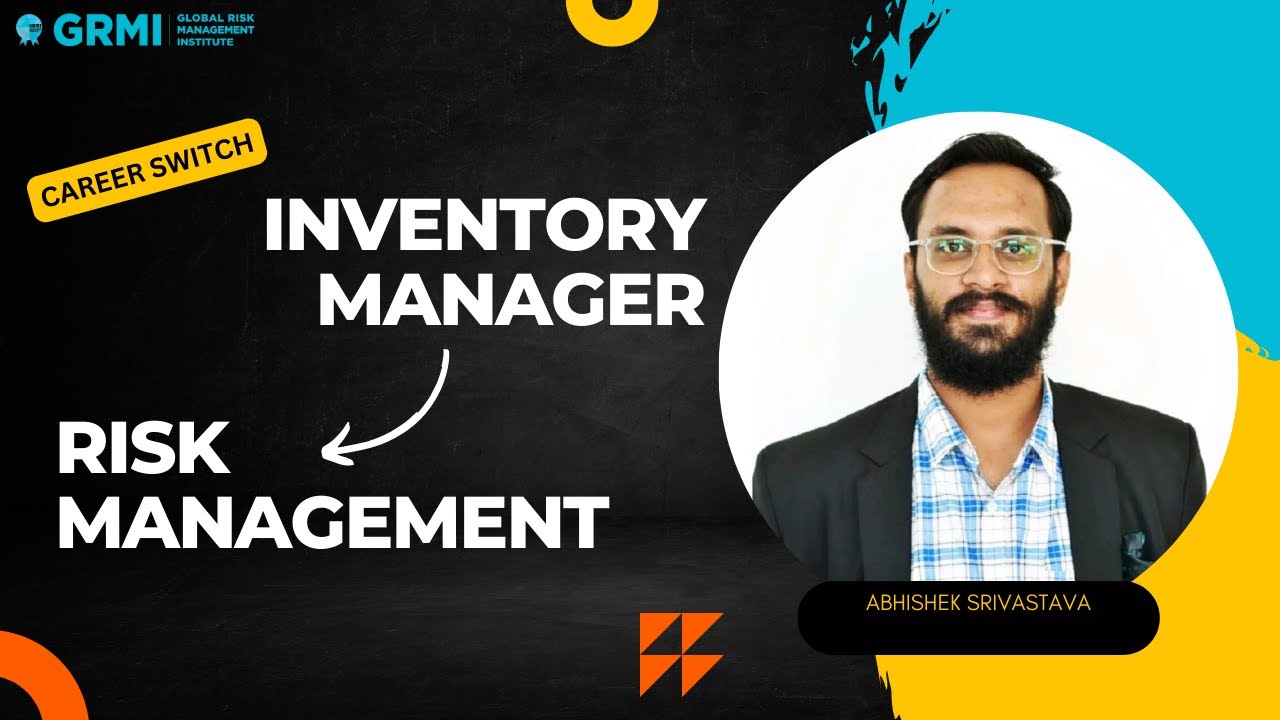
How to Prepare for a PG Degree While Working Full-Time
How to Prepare for a PG Degree While Working Full-Time
Studying for a pg degree while working full‑time is one of the most rewarding decisions a professional can make. In India, only 8.25% of graduates work in roles that match their academic qualifications, suggesting a real risk of underemployment. Yet, taking up a postgraduate programme while employed can help avoid that mismatch. It can be tough — juggling work, deadlines and personal commitments may feel overwhelming.
Still, if you approach it as a stimulating learning journey rather than a burden, it becomes a powerful long-term investment. Many working students commit 6–12 hours a week to assignments and study, making steady progress without sacrificing their job. With the right mindset and planning, this effort often pays off in better skills, increased promotion prospects, and higher credibility. Whether your goal is to gain specialised knowledge, change careers, or rise up the corporate ladder, proper preparation can make it happen.
Why Professionals Pursue a PG Degree While Working
Many working adults pursue a PG programme to stay relevant in today’s fast-changing workplace. According to LinkedIn Learning and AICTE surveys, professionals with postgraduate qualifications are 25–30% more likely to receive promotions within 2–3 years compared with those without. Industries increasingly demand specialised knowledge, analytical skills, and problem-solving ability. A pg degree helps professionals to:
Advance their knowledge and stay updated with industry trends
Improve promotion prospects and increase salary potential
Develop leadership and strategic decision-making skills
Gain expertise in a specialised field
Strengthen credibility and influence within their organisation
Combining professional experience with academic learning makes individuals highly valued in roles that require practical application of knowledge, enhancing both career growth and workplace impact.
1. Assess Your Professional Goals Pre-Program
Before starting, clarify your goals. Ask yourself:
- Do I want to specialise further?
- Is this degree necessary to switch careers?
Having clear goals ensures you choose the right programme and focus your efforts.
2. Select the Most Suitable Course Format
Universities offer full-time, part-time, online, hybrid, or executive programmes. For working professionals, flexibility is key.
Consider:
- Class timings (evenings, weekends)
- Online versus offline learning
- Assignment deadlines
- Programme length
- Opportunities for industry exposure
A programme designed for working learners helps balance work, study, and personal life.
3. Develop a Weekly Study Plan
A consistent study routine makes postgraduate learning easier. Dedicate specific hours weekly for study, research, and coursework review.
Tips:
- Block study times in your calendar
- Focus on one task at a time
- Break large assignments into smaller steps
- Use productivity tools like Notion, Google Calendar, or Trello
- Keep your workspace tidy to reduce distractions
A schedule reduces stress and improves learning efficiency.
4. Use Work Experience to Support Learning
One key advantage is applying workplace experience to classroom concepts. This helps you:
- Understand theoretical frameworks more deeply
- Improve problem-solving skills
- Enhance strategic thinking
Integrating work and study strengthens both practical and academic knowledge.
5. Seek Employer Support Early
If your workplace supports education, you may receive:
- Study leave
- Flexible work hours
- Financial assistance
- Project support for academic activities
Open communication with your supervisor clarifies expectations and prevents conflicts during exams and deadlines.
6. Maintain Consistency and Manage Stress
Balancing work and study can lead to burnout. Protect your wellbeing by:
- Taking regular breaks
- Maintaining healthy sleep patterns
- Exercising or meditating
- Avoiding overcommitment at work
- Prioritising tasks smartly
Consistency matters more than perfection; small, steady efforts build long-term success.
Why GRMI Is a Great Fit for Working Professionals
GRMI (Global Risk Management Institute) is highly relevant for professionals seeking expertise in risk management. Its PGDRM programme supports full-time employed individuals. To date, GRMI has trained over 5,000 professionals, with alumni working in leading BFSI, consulting, fintech, and corporate firms across India and internationally.
The PGDRM focuses on a practitioner view, developed with senior risk leaders from global corporations, consulting firms, and financial institutions. It offers:
- Practical, application-based learning
- Flexible class schedules
- Case study methods and simulations
- Exposure to enterprise, financial, cyber, operational risk, and analytics
The programme also provides mentorship, internship and placement support, and measurable career outcomes. Many PGDRM graduates report 20–40% salary growth and faster career progression within 2–3 years of completion. This structure empowers career-focused professionals while balancing job responsibilities.
- Practical, application-based learning
Alum Success Story
Abhishek Srivastava (PGDRM, Batch July ’22–’23) shares his journey of switching careers — from Inventory Manager to Risk Management. He explains what motivated the shift, the advantages he sees in the risk field, and the long-term growth he expects.

How GRMI Supports Working Learners
GRMI provides tailored support for full-time professionals:
- Flexible class schedules
- Real-world case-based curriculum
- Mentors from the industry
- Internship and placement support
- Exposure to diverse areas of risk management
Over 80% of PGDRM participants report improved problem-solving and decision-making skills, demonstrating the practical impact of the programme. This approach allows learners to integrate professional duties with academic development, maximising both learning and career growth.
Summary
Studying for a pg degree while working full-time may seem intimidating. However, planning, discipline, and institutional support make it achievable. Combining work experience with academic learning enhances your profile and prepares you for leadership. GRMI’s PGDRM programme offers flexibility, industry relevance, and practical learning, helping professionals excel academically and professionally.
FAQ’s
- Is it difficult to pursue a pg degree while working full-time?
It requires discipline but is achievable with planning and support. - Should I study online or offline while working?
Choose based on your schedule. Hybrid or weekend programmes are often ideal. - Does GRMI’s PGDRM offer flexible learning for working professionals?
Yes. The programme is designed to accommodate full-time employees. - How many hours will I need to study per week?
Typically 6–10 hours, depending on workload and subjects. - Will a PG degree improve salary and promotion opportunities?
Absolutely. A postgraduate qualification increases professional value and career growth.
For any queries please fill the form
Tag:pg degree
You may also like

How to Choose the Best Cybersecurity Course in Delhi for Your Career

PG Degree for Housewives & Career Re-Starters: A New Beginning


